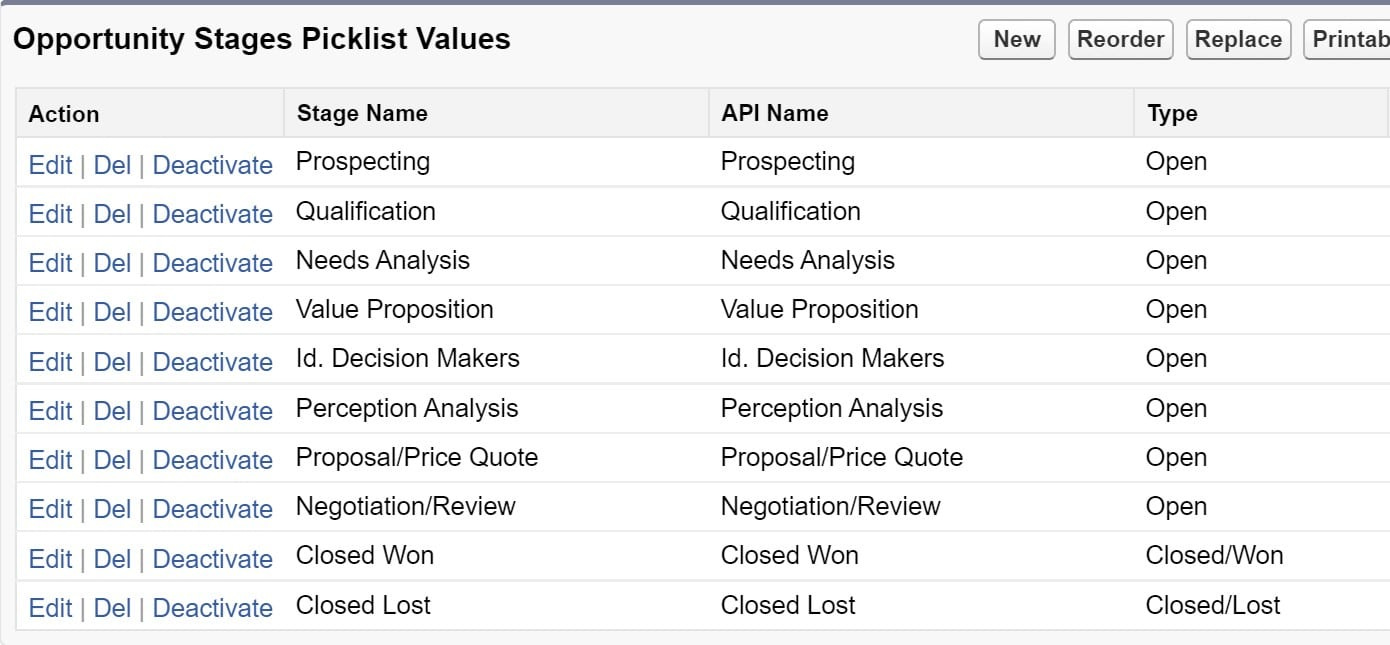BtoB Sales: What Can We Learn from Dentists?
In addition to getting a great smile
In the diverse and dynamic world of B2B sales, the array of titles assigned to sales professionals can often appear puzzling: "Sales Representatives", "Account Manager", "Sales Consultant" (click here for a longer list). For most people, especially those unfamiliar with the art of selling, these designations appear to be interchangeable. This misunderstanding may come from the traditional image of a salesperson as simply someone who sells. However, in the intricate ecosystem of B2B sales, each title encapsulates a unique segment of the sales process, targeted skills, and strategic goals. Or at least it should, for better efficiency.
Take a personal observation from the field of dentistry, for example, where specialization has become the norm over the years. Not long ago, a visit to the dentist often meant being treated by the same person for everything from cleaning, standard checkup, to complex procedures. Today, roles are distinctly specialized—from hygienists who focus solely on cleaning to various assistants who prepare and expedite procedures—allowing the dentist to only concentrate on tasks that require their specific expertise. The idea being “focus your talents, skills as well as your cost (salary) where it matters”.
This shift toward specialization in dentistry mirrors what could further benefit the sales industry. While sales roles are diverse, there is often an overlap where sales professionals find themselves juggling multiple aspects of the sales process and role, from prospecting to closing deals, while making sure the customer is happy, uses the service and potentially cross and up sell. Just as specialization in dentistry has led to more efficient and focused patient care, outlining clearer, more specialized roles in sales could allow sales professionals to improve specific skills that align better with their natural talents and the strategic needs of their companies. Potentially creating a career path for new employees. {But this is another topic}.
Prospecting, including activities like cold calling, requires a robust energy level and a thick skin against frequent rejection. It's about generating new leads and interest, often starting with little to no established relationship. In CRM terms, this might correspond to identifying leads, and transform them (or not) into prospect. This function of “qualification” is critical. Without there will be no new blood in the system, the pipeline will run dry. (Read more here). In many mature sales organizations, there is a team dedicated to this critical role often referred to as Sales development representative (SDR). Some will associate them to the Business development team, rather than a Sales team.
Closing, on the other hand, involves sealing deals and requires acute negotiation skills and the ability to alleviate client concerns effectively. In a CRM this phase encompasses all activities from the moment a prospect is qualified, through proposal creation, to the final agreement. Counter intuitively, it is not one single step but many that will lead to the targeted positive outcome (fulfilling a customer requirement that leads to a contract signed and revenue being generated).

Nurturing refers to the activities that occur after the sale has closed, aimed at maintaining and enhancing existing relationships with what became a customer. This ongoing process ensures continued satisfaction, and fosters repeat business. This is where Account Manager and Customer Success Manager can or should step in. Nurturing is also associated with the concept of Farming that is opposed to the activity of Hunting (getting new logos).
Understanding these distinctions is crucial not only for the organization so it can hire the right talents for the role but also for career professionals in sales who must align their skills and career aspirations with the right roles. By clarifying these roles, businesses can more effectively structure their sales teams and tailor their strategies to meet precise market demands, ensuring that the right skills are deployed in the right context to optimize growth and customer satisfaction.
By embracing this model of specialization, your organization can achieve greater efficiency and effectiveness, much like we have seen in the field of dentistry. In an ideal world, explaining the roles of prospecting, closing, and nurturing could lead to more tailored training and development, enabling sales professionals to excel in areas that best match their skills and interests, thereby increasing productivity and job satisfaction across the board.
If you are interested in this topic, you might find some additional food for though in this article “Salespeople Are Dinosaurs, and Their Meteor Is Called “Customer Centricity”




What you cannot learn from dentists is an additional dimension of B2B sales and leads' management. I mean the size of the customers (HC) and so when self service makes sense. This is another story, with another article Guillaume? ;-)